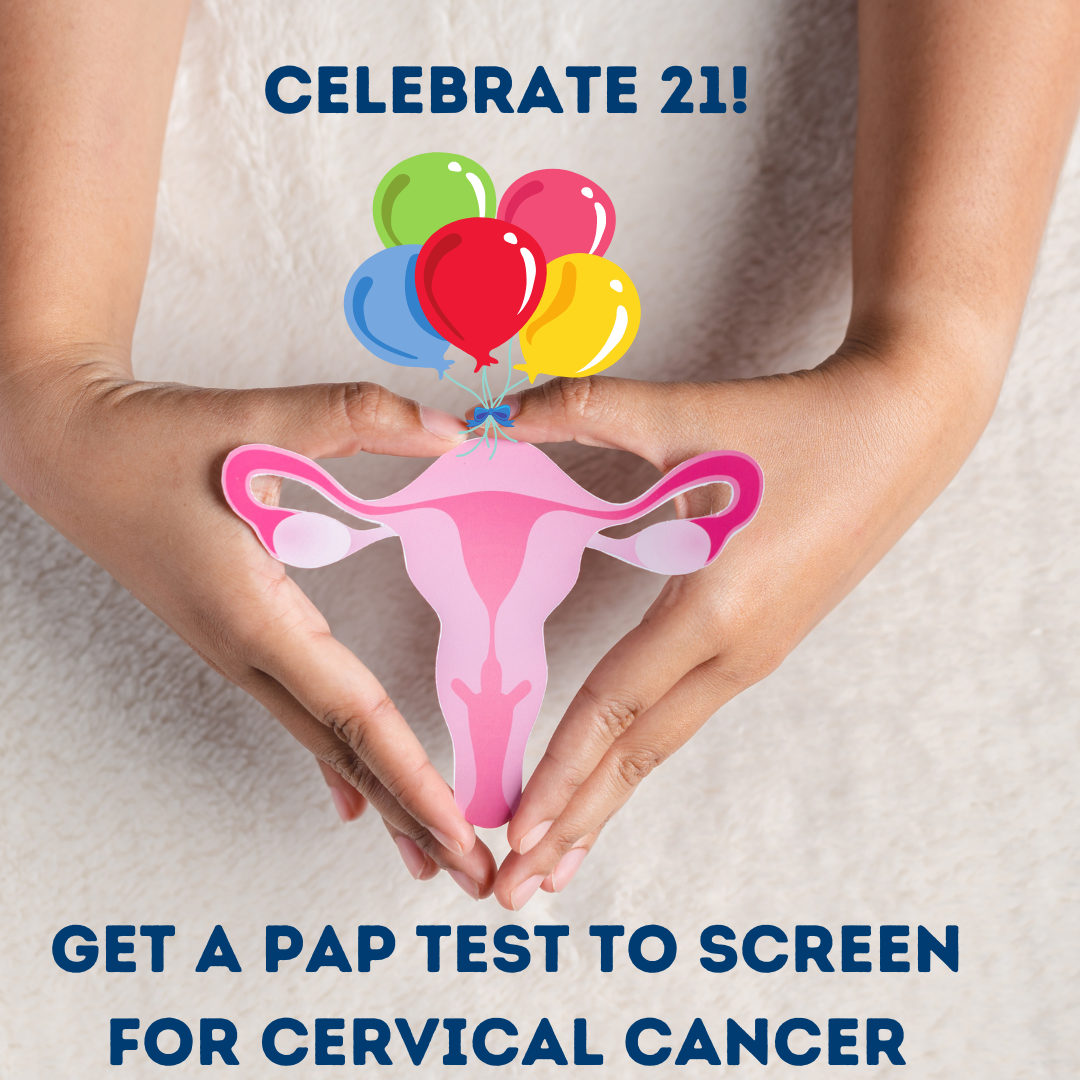For women turning 21, now is the time to begin your routine cervical cancer screenings.
“Routine cervical cancer screening, which is done with a PAP test, should begin at age 21”, said Jennifer Rubino, family nurse practitioner at Barrington OB/GYN. “A PAP test, as well as a pelvic exam, is a very important part of your routine health care for early detection.”
The PAP test is useful for finding abnormal cells, which can lead to cervical cancer and other cervical and vaginal problems such as precancerous cells and inflammation.
What causes cervical cancer? Certain forms of the human papillomavirus (HPV), which is one of the most common sexually transmitted infections, can cause cervical cancer. While screening is key, the HPV vaccine can provide strong protection against the virus. For the most robust lifetime protection against HPV, the Centers for Disease Control recommends that children receive the HPV vaccine starting at age 9. The vaccine is typically given through age 26, but the earlier the vaccine is received, the stronger the protection.
There’s strong evidence to support the effectiveness of the HPV vaccine in preventing cervical cancer.* Since the vaccine was introduced in 2006 in the U.S., the public health benefits have been dramatic:
- Among teen girls, infections with HPV types that cause most HPV cancers and genital warts have dropped 88 percent.
- Among young adult women, infections with HPV types that cause most HPV cancers and genital warts have dropped 81 percent.
- Among vaccinated women, the percentage of cervical precancers caused by the HPV types most often linked to cervical cancer has dropped by 40 percent.
“Building a routine of preventive health screenings into your adult lifestyle can begin at any age, but age 21 is a great starting point,” said Andrew Beckwith, M.D., of Barrington OB/GYN. “Adding the HPV vaccine as a preventive measure can greatly reduce the risk of HPV-related cancers.”
If you need a women’s health care provider, give us a call at CHP Barrington OB/GYN, (413) 528-1470. We’re taking new patients!
*American College of Obstetrics & Gynecology
